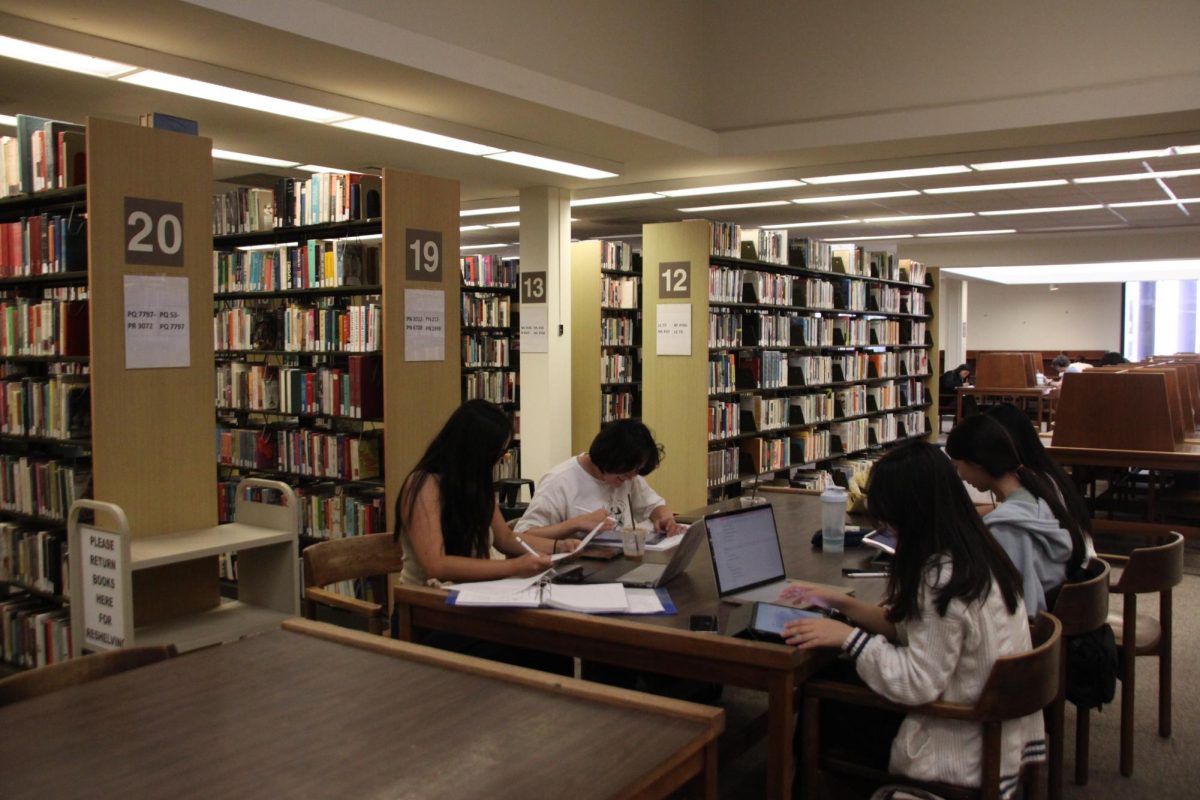College students across the country carry the weight of the economic recession as if it were right there in their backpack next to their sociology book.
Students are looking for ways to fund their education while tuition rises and the number of classes and programs fall.
The line for financial aid is both figuratively and literally out the door.
Students are left to accrue thousands of dollars in debt, to pay high interest rates and to ruin their credit before they ever have a chance to max out a credit card buying designer clothes at the mall.
While the majority of students struggle to find time between work and school for themselves, athletes at the University of Miami found plenty of time to go on Miami Athletic Booster Nevin Shapiro’s yacht twice week.
In a clear violation of National Collegiate Athletic rules, Shapiro took good care of the Miami players.
The financial difficulties of classmates seemed as obsolete as the NCAA rulebook as Miami players were treated to prostitutes, jewelry, cash, all-access to Shapiro’s waterfront mansion and in one instance, an abortion for a woman the player impregnated.
Shapiro helped 73 players get through college by giving them impermissible benefits.
Students all over the country are wondering, “What is so special about being able to throw a ball?” or “Why don’t I get paid every time I get an A or write an article for the school newspaper?”
The NCAA is mortified.
University of Miami is just the latest of colleges where the booster club was paying players to play.
Just a few months before Miami, long-time powerhouse Ohio State University was caught and before Ohio State, the University of Southern California.
This is clearly not a case of a couple generous boosters with disregard to the rulebook; this is the culture and tradition of college football that is ingrained deep into the traditions of these powerhouses.
The NCAA has already stated that the Miami players who received benefits are required to miss competition and repay all they received, but everyone is assuming that the NCAA’s next step is to sentence Miami to college football’s Death Penalty.
This would ban on competing in football at all for a decided amount of years, and ineligibility for postseason bowl games and live television once they are allowed to play again.
Along with all of their revenue, their scholarships will disappear.
This is like putting a children’s band-aid on a gunshot wound.
Giving Miami the Death Penalty will do nothing to college football as a whole. Other schools will continue to pay their players whether Miami has the Death Penalty or not.
Instead of ruining one program, the NCAA should punish everyone.
The repercussions of what Miami did should be felt from the University of Virginia all the way to the University of California, Berkeley.
The NCAA should hire more people and create new positions to monitor programs. They need to take action before fans and students alike become disgusted and lose interest.






































































